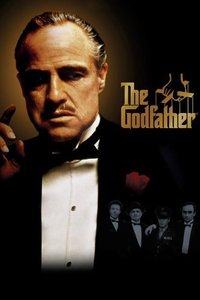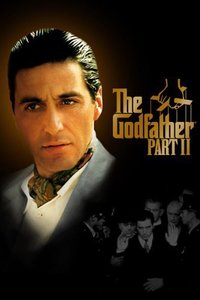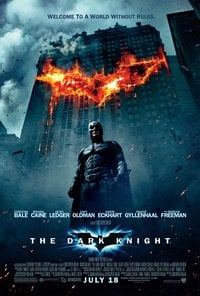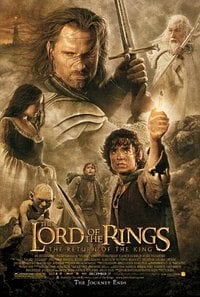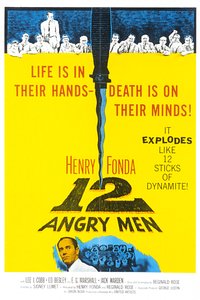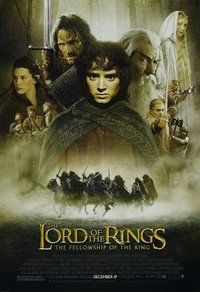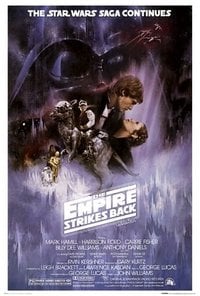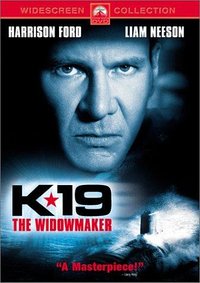
K-19: The Widowmaker Quotes
When Russia's first nuclear submarine malfunctions on its maiden voyage, the crew must race to save the ship and prevent a nuclear disaster.
Suslov: In American propaganda you will see how everyone has a car, nice clothes, a nice apartment. But you will never see the truth behind this lie. You will not see police dogs attacking strikers and demonstrators for civil rights. You will not see the beggars on the streets, the homeless, the negro-shantytowns in the south. You will not see the warmongers who threaten the world with nuclear holocaust.
Capt. Mikhail Polenin: At every stage of this disaster, which came within moments of being a far greater disaster, the officers and crew did what had to be done. Seven are now dead and nobody knows how many more are dying, or how fast. These are the men who returned home to be interrogated as if a crime had been committed, questioned, even while undergoing treatment for radiation poisoning, locked up and denied access to wives and families but they and their comrades saved K-19 and maybe, just maybe, they saved all of you as well. one thing more, please, no captain in the soviet navy has ever been faced with such decisions the fate of the boat, the crew, and the fate of the world all in balance. The navy is my life. And one thing I know, there can only be one captain of a ship. The burden of command is on his shoulders, and his alone. None of you - none of you - has the right to judge captain Vostrikov. You weren't there. I was. He was our captain. He was my captain. And it would be an honor to sail under his command again.
[last lines]
Captain Alexei Vostrikov: For their courage I nominated these men for the title of hero of the soviet union. But the committee ruled that because it was not wartime, and because it was merely an accident, they were not worthy of the title hero. What good are honors from such people? These men sacrificed, not for a medal. But because when the time came, it was their duty. Not to the navy, or to the state, but to us. Their comrades. And so, to comrades.
all: To comrades!
Captain Alexei Vostrikov: For their courage I nominated these men for the title of hero of the soviet union. But the committee ruled that because it was not wartime, and because it was merely an accident, they were not worthy of the title hero. What good are honors from such people? These men sacrificed, not for a medal. But because when the time came, it was their duty. Not to the navy, or to the state, but to us. Their comrades. And so, to comrades.
all: To comrades!
Captain Alexei Vostrikov: How are the men?
Dr. Savran: How would I know? I don't know the first thing about radiation sickness.
Captain Alexei Vostrikov: Please...
Dr. Savran: I'm giving them aspirin. And I'm trying to prevent those who are dying from irradiating those of us who still have some hope.
Captain Alexei Vostrikov: Pull yourself together. You're an officer in the Soviet Navy. Go back and tell them that they're improving. As you say, you know nothing about radiation sickness. Perhaps they are.
Dr. Savran: How would I know? I don't know the first thing about radiation sickness.
Captain Alexei Vostrikov: Please...
Dr. Savran: I'm giving them aspirin. And I'm trying to prevent those who are dying from irradiating those of us who still have some hope.
Captain Alexei Vostrikov: Pull yourself together. You're an officer in the Soviet Navy. Go back and tell them that they're improving. As you say, you know nothing about radiation sickness. Perhaps they are.

